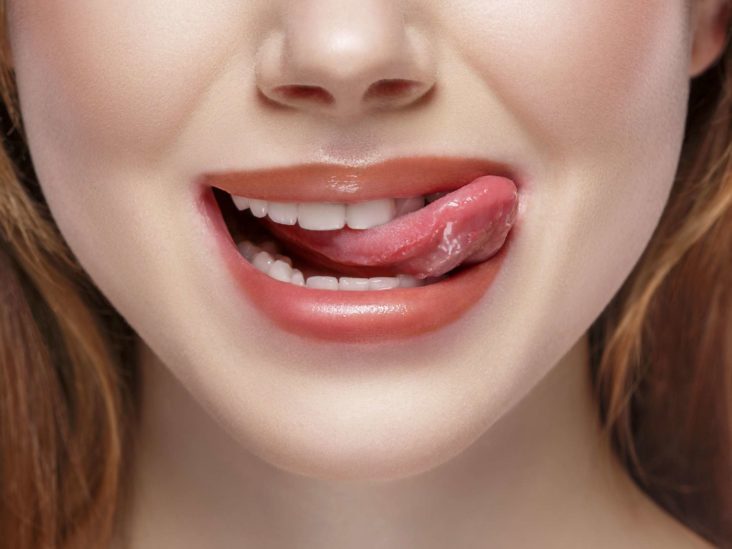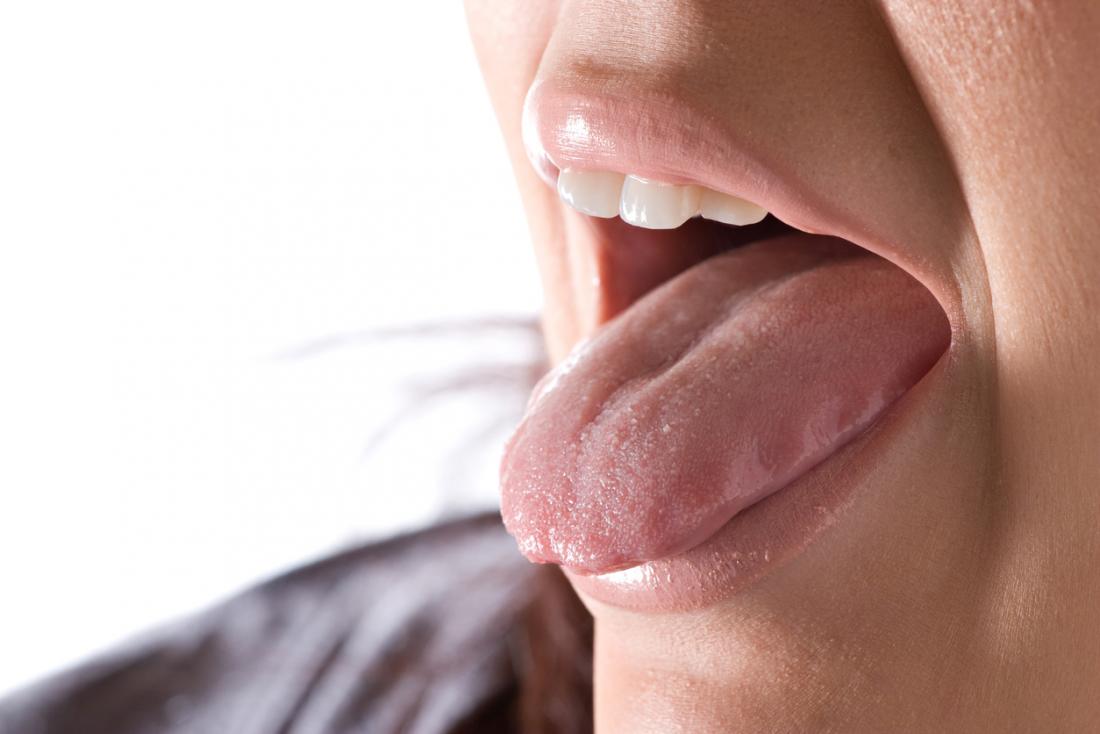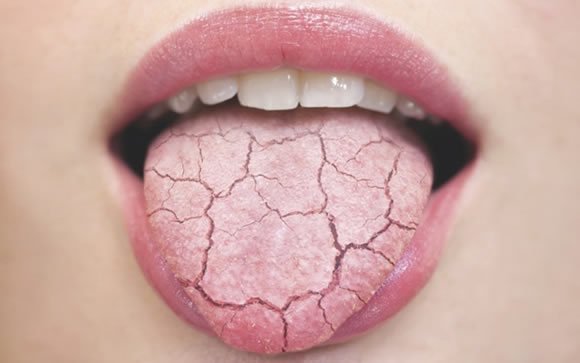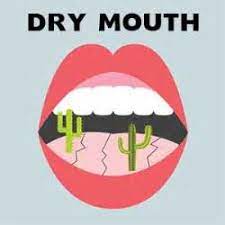What Causes Extremely Dry Mouth While Sleeping
Solution for Dry Mouth
4. What Is A Dry Mouth A Sign Of

Dry Mouth and Throat at Night
10. Dry Mouth Therapy Prescription.
How Can I Stop Waking up With a Dry Mouth
Dry mouth, also referred to as xerostomia, is a problem that happens when your salivary glands don't create sufficient saliva. This can lead to cracking as well as swelling of the mucous membrane layers, a boosted threat of dental caries, and difficulty ingesting. While there are a number of clinical therapies that can assist to eliminate completely dry mouth, there are additionally a variety of straightforward natural home remedy that can be just as efficient. One of one of the most effective natural remedy is to raise your consumption of fluids. This will certainly assist to weaken your saliva as well as make it much easier to ingest. You can additionally try eating sugar-free periodontal or sucking on hard candy to stimulate the manufacturing of saliva. One more efficient treatment for completely dry mouth is to use a humidifier in your house to add wetness to the air. This will certainly help to keep your mouth from becoming too dry. Lastly, ensure to stay clear of cigarette smoking and too much alcohol consumption, as these can both add to dry mouth. By following these straightforward suggestions, you can cure completely dry mouth swiftly as well as efficiently.


What Can You Do for Dry Mouth
37. How To Stop Dry Mouth While Resting
How to Deal With Dry Mouth
38. Causes Sudden Dry Mouth

Dry Mouth Remedy
The term "dry mouth" is used to describe a condition in which the salivary glands don't produce enough saliva to keep the mouth moist. This can be a side effect of certain medications, an underlying medical condition or simply a result of dehydration. While dry mouth isn't usually a serious problem, it can be uncomfortable and lead to other issues such as bad breath, gum disease and difficulty swallowing. There are several things you can do to help relieve the symptoms of dry mouth. Drinking plenty of fluids, chewing sugar-free gum and using a saliva substitute can all help to keep your mouth moist. In addition, avoiding tobacco and alcohol and practicing good oral hygiene can also help. If home remedies don't seem to be working, talk to your doctor about other options.
How to Stop Dry Mouth
12. Phentermine Dry Mouth Therapy.

How Can I Increase Saliva In My Mouth?
Sucking and chewing both encourage salivation.
Consider ice pops or ice cubes without sugar.
Gum without sugar or hard candies without sugar that contains xylitol.
Try drymouthpro oral rinse. It helps to increase saliva production.
What Foods Help With Dry Mouth?
Soft natural foods like soups, canned fruits, soft cooked/blended veggies like carrots or celery, mashed potatoes, soft-cooked pasta, oats, ice cream, pudding, and popsicles are other examples of soft foods that are beneficial for those with dry mouth.
How Do You Get Rid Of Dry Mouth?
To increase saliva production, chew sugar-free gum or savor sugar-free hard candies.
Reduce your caffeine intake because it can dry up your mouth.
Alcohol-containing mouthwashes should not be used as they can be drying.
If you chew tobacco or if you smoke, stop immediately.
Drink water frequently. Use DrymouthPro oral rinse, it is the most effective remedy.
How Do You Get Rid Of A Dry Mouth Overnight?
Treatments for Dry Mouth at Night
To add moisture to the air at night, use a humidifier.
To stay hydrated, sip lots of water throughout the day.
Use drymouthpro oral rinse. It is a moisturizing mouth mouthwash; stay away from alcohol-containing ones. Eat nothing spicy, acidic, or sweet before going to bed.
Is Dry Mouth A Serious Problem?
On its own, dry mouth is not a major medical condition.
However, it might occasionally be a sign of a different illness that needs medical attention.
Additionally, issues like tooth decay and ulcers in the mouth may result.
What Causes Dry Mouth All Of A Sudden?
Dry mouth may be caused by autoimmune disorders like Sjogren's syndrome or HIV/AIDS, as well as by ailments like diabetes, stroke, oral yeast infection (thrush), Alzheimer's disease, or other health conditions.
Additionally, mouth breathing and snoring can cause dry mouth.
Is Dry Mouth A Symptom Of Diabetes?
Dry mouth is a common symptom of high blood sugar in diabetics.
Sometimes the first obvious sign of diabetes is dry mouth.
Speak with your healthcare physician if you experience dry mouth and suspect you may have diabetes.
Can Stress And Anxiety Cause A Dry Mouth?
Stress can have a variety of physical effects on your body and raise your risk of acquiring a wide range of diseases, including dry mouth.
Dry mouth can result from stress and anxiety, according to the Journal of Dental Research, Dental Clinics, and Dental Prospects.
Does Lemon Water Help With Dry Mouth?
Lemon is a well-known natural treatment for dry mouth because of its citric acid concentration and tart flavor.
Will Dry Mouth Go Away?
Drink water: Drinking enough of water can keep you hydrated and ease dry mouth.
According to studies, dehydration may contribute to dry mouth.
Increased water consumption can aid in the treatment of mild dehydration.